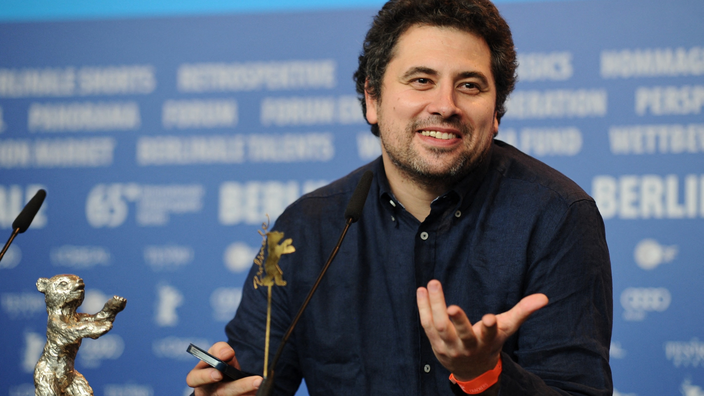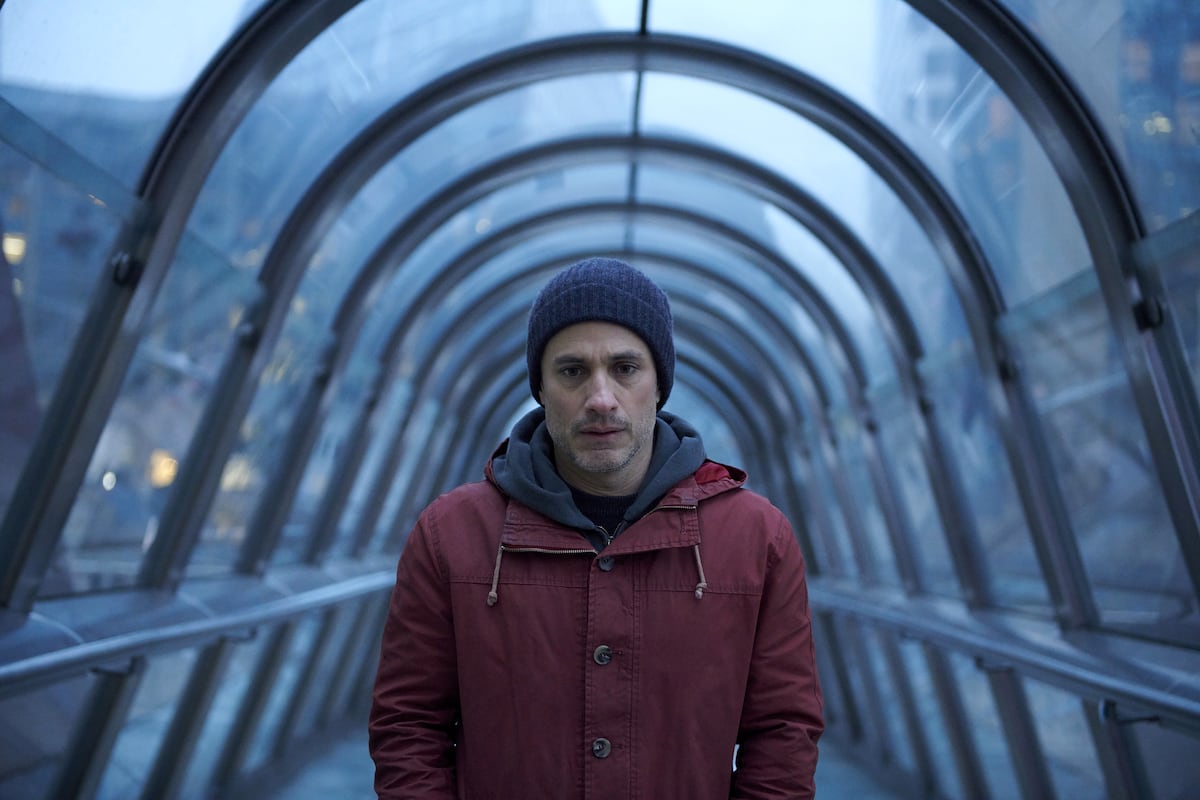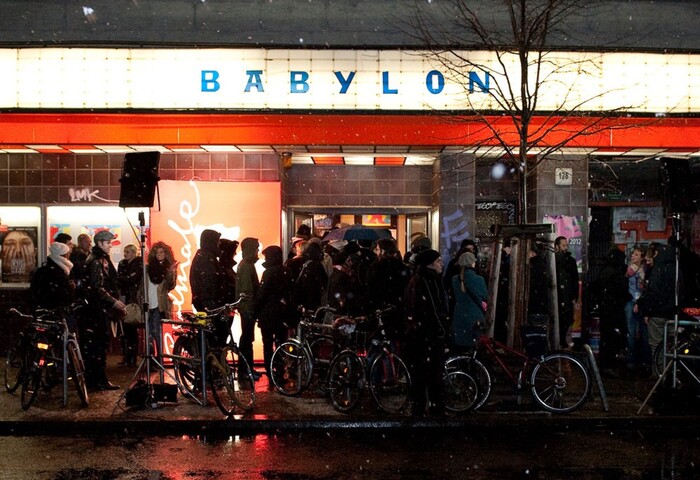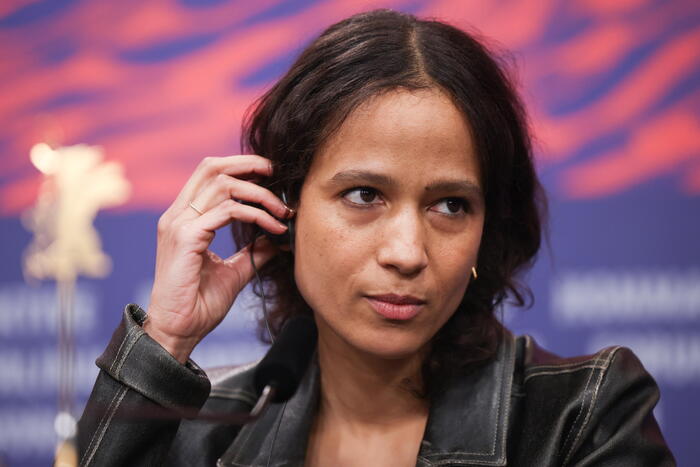The pandemic, which is disrupting the film industry and depriving the public of the big screen, also inspires directors: several Berlinale films evoke end-of-the-world atmospheres or address the health crisis head-on.
From the main competition to the parallel sections, here's a look at the different ways the Covid-19 permeates the 71st edition of the film festival, which runs online from March 1 through Friday.
Read also: The Berlinale 2021 in hybrid mode
Masked actors
Customers of a pharmacy, all masked, discuss the interest of the sanitary measures taken in Romania.
In
Bad Luck Banging or Loony Porn
, a fiction filmed in the midst of a pandemic, director Radu Jude integrates the constraint of health measures.
A double reason, according to him.
“The film had to be contemporary and the masks are part of our daily life.
I wanted to capture this moment, find the anthropological aspect of wearing a mask.
Then I also worried about the health of the people concerned. ”
The director, for whom the cinema is a "marker of time", quips:
"No film in the world is worth the trouble of someone catching even a simple cold, and my bad films even less."
Radu Jude claims, moreover, to have chosen the masks
“like costumes”
, adorned with slogans or smileys, deliberately out of step with this acid comedy on the story of a teacher caught up with the leak of an intimate video.
To read also: Berlinale 2021: the broken memory of Lebanon in opening with
Memory Box
Apocalypse atmosphere
Filmed before the coronavirus crisis, the German-Swiss science fiction thriller
Tides
, presented in the “Berlinale Special” section, evokes an Earth partly deserted by humans, refugees in a huge space station because of the apparition. .. of a deadly global pandemic.
In this second feature film, with spectacular landscapes, Tim Fehlbaum wanted
"to offer a visual experience rather than a script"
, he told AFP, without suspecting that reality could
"catch up with
[his]
fiction"
.
He wonders, however, if his work will not put off viewers,
"if the last thing they want to see is a film reminding them of that depressing time
.
"
Unless it arouses curiosity:
"Maybe after seeing it, the public will still discuss structuring things about the situation we are living in."
The situation is similar for the poetic drama
District terminal
(“Encounters” section), a work by Iranian Bardia Yadegari.
Struck by pollution and a deadly virus, Tehran lives in fear with a population forced to emigrate or live in quarantine.
“The shooting took place just before the pandemic
[...]
The tragedy was to occur in the distant future, but suddenly the pandemic appeared.
The disaster is closer to us than we think, ”
he warns.
To read also: Berlinale 2021: the broken memory of Lebanon in opening with
Memory Box
Zoom in the spotlight
The Covid-19, and the way it forces people to make radical adaptations, has served as a direct source of inspiration for Canadian John Greyson.
His short film,
International Dawn Chorus Day
, has birds from all over the world converse on the Zoom application, which has been acclaimed for a year for social distancing.
Based on a damning report from the NGO Human Rights Watch, the birds accuse the Egyptian authorities of using the Covid-19 as a pretext to put in place exceptional measures aimed in particular at silencing any opposition to President Abdel Fattah al. -Sissi.
“The contrast between the birds that fly freely around the world, as we all experience various forms of confinement, was an initial inspiration.
Then, the contrast was worsened by the extreme incarceration suffered by all Egyptian prisoners, ”
explains its director.
Film the story
Chinese director Shengze Zhu, author of
A River Runs, Turns, Erases, Replaces
(“Forum” section), has chosen to deal directly with the Covid.
Her documentary, without dialogues, delivers an ambivalent portrait of the city of Wuhan, before and after the appearance of the first cases of Covid-19 in December 2019. The director was born and raised in this megalopolis in central China and worked on this project since 2016. To AFP, she justifies her desire for clarity:
“I don't think this film is capable of rehabilitating the image of a city or something else
[...]
What happened the past year has had a profound impact on many, many things.
I can't avoid it in this movie. ”














